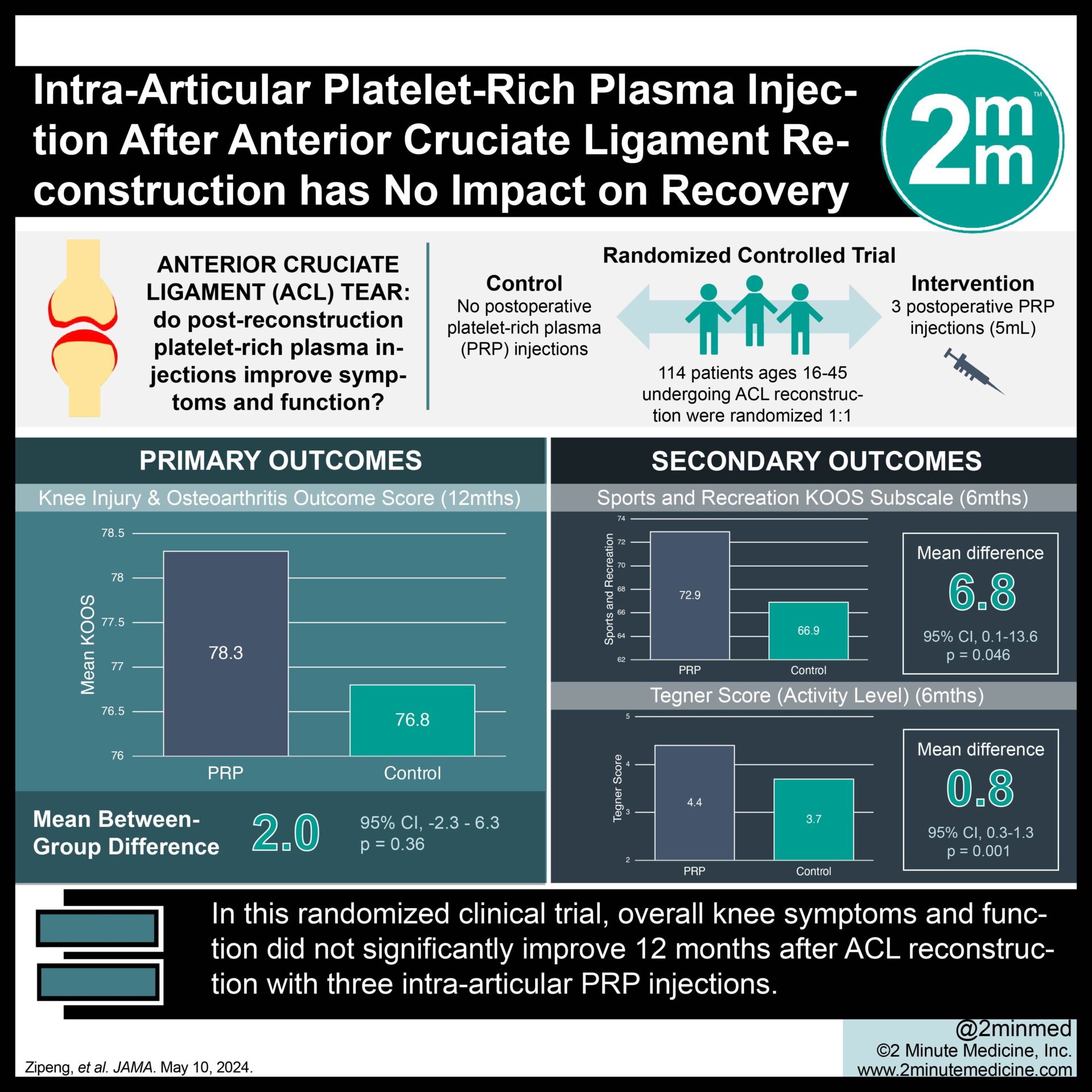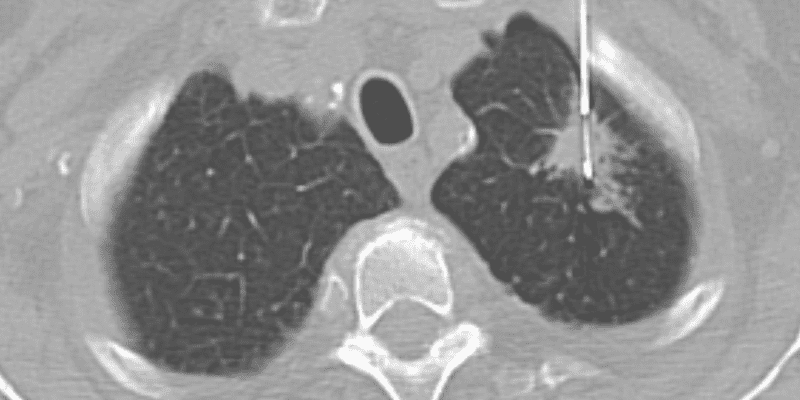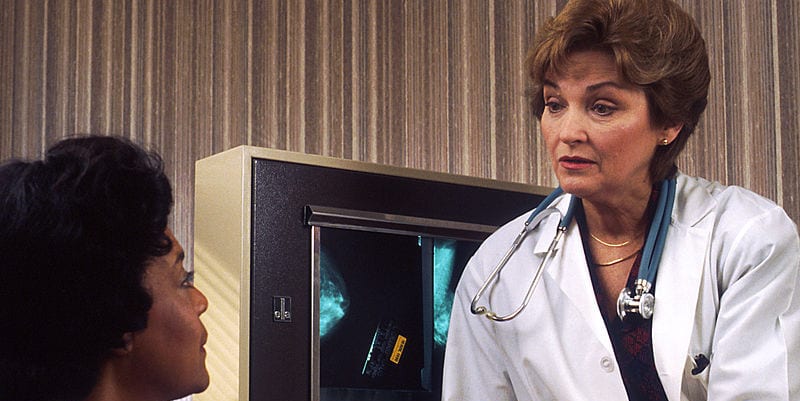The role of surgery in recurrent ependymomas and its contribution to the outcome are not well defined. While gross-total resection (GTR) has shown benefit in newly diagnosed patients with improvement in progression-free survival (PFS), its impact after recurrence is not known. Its role in distant relapses or multiple local recurrences is similarly less well understood. The objective of this study was to investigate whether GTR could prolong survival after recurrence.
In this paper, the authors identified patients with ependymomas who underwent surgery at Texas Children’s Hospital for recurrent ependymomas between December 2000 and December 2021. Surgical treatment was stratified as GTR, subtotal resection (STR), or a biopsy. Kaplan-Meier analysis was performed for PFS and overall survival (OS), and the log-rank test was used to assess statistical significance. The Cox regression model was used for multivariable analysis.
Forty children were identified with a first ependymoma recurrence and follow-up data were collected. The median age was 5.46 years (95% CI 4.52-6.39 years) with a mean follow-up of 3.92 years (95% CI 2.42-5.42 years). In 26 patients (65%), the original tumor was located in the infratentorial space. Twenty-nine patients (72.5%) presented with local recurrence. Within this group, the 5-year PFS rates for the GTR and STR groups were 40.1% and 26.8%, respectively. The 5- and 10-year OS rates were 58.3% and 50% in the GTR group and 51% and 16.7% in the STR group, respectively. Fifteen patients presented with a second recurrence. The 5-year PFS and OS rates in patients who had GTR after a second recurrence were 33% and 50%, respectively.
GTR of local recurrent ependymomas can result in long-term survival in first and second recurrences. Further and larger studies are necessary to elucidate the role of surgery in distal recurrences.













